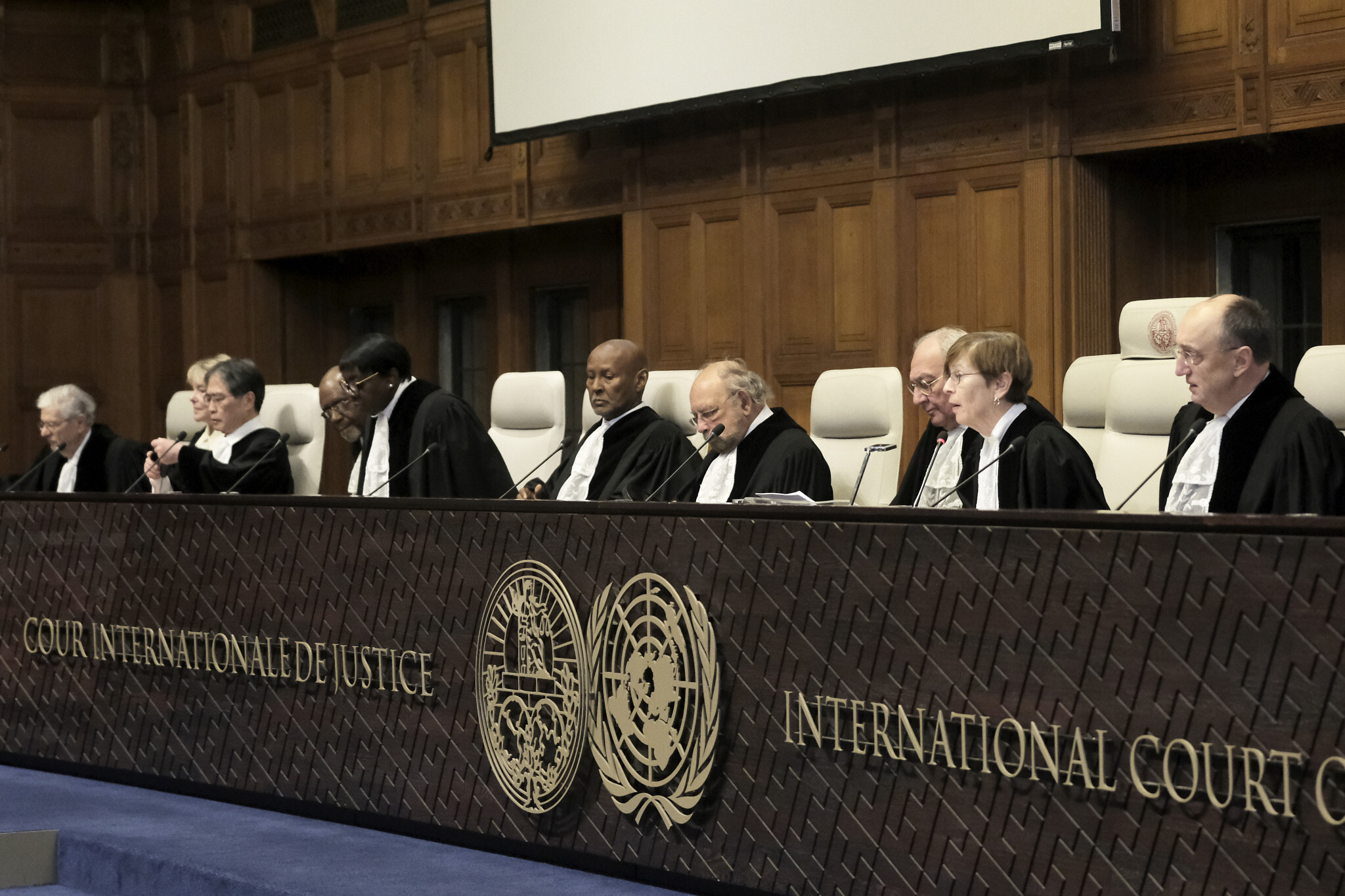The International Court of Justice (ICJ) has recently expressed grave concern over the conditions which Palestinians experience in Gaza, noting that Israel may be engaged in genocide against the people of Palestine. This should have led the UK government to take appropriate, immediate action to transform the country into an improved state. Instead, the UK has responded with alarming inaction, which does not meet the requirements of international law, or at least does not meet its commitments by the Genocide Convention that it signed as a member state of the United Nations.
Israel’s attacks on Gaza through the bombardment, targeting of civilians or the destruction of the infrastructure, including hospitals and schools, are not random acts but an act of warfare against the Palestinian people. The continued forced displacement and the utilisation of hunger as a weapon increase the prospects of Gaza being unhabitable even if ceasefires are made. However, contrary to these severe issues, the attitude of the UK government has been relatively passive.
For almost a year, humanitarian organisations have been warning that Israel could be using forbidden means of warfare. This entails limiting access to humanitarian assistance, rationing of the life necessities and attacks on the humanitarian personnel. However, the UK government remained inactive for some time and only announced the freezing of 30 arms export licences to Israel several months after the ICJ warning.
Such a move only helps a small extent, and one wonders whether it gets to the heart of the matter. The UK, being a signatory to the Genocide Convention, has the responsibility of ensuring that it does not participate in any way, shape or form in the genocide taking place. The provisional cancellation of thirty arms licenses out of three hundred and fifty is insufficient. Suppose the UK acknowledges a ‘clear risk’ of the military exports being used to breach the IHL. In that case, the UK needs to act in full measure by banning the sale of all arms to Israel, especially the parts used in the F-35 fighter jets which have been used in the recent attacks.
The conditions in Gaza have gotten worse, with 90 per cent of people displaced from their homes and nowhere to go. This is not about Gaza alone; there’s already apprehension about the West Bank, migrating, and erasing Palestinians being a real thing. I find it worrying that the UK has not done anything, especially when one has to consider that before the Brexit cheering, it was one of the leading international law advocates.
When campaigning for the post of government leadership, the Labour Party affirmed his party’s commitment to international law. It is now in the government that such a promise has to be fulfilled. The ICJ’s warning was not a formalistic prattle about defying genocide but rather one that showed the organisation’s concern and desire for the citizens of Sri Lanka. Seven and half a month have already gone by, and neither has Israel done anything to ensure the safety of these Palestinians. Thus, the international community, especially the UK, must demand this impunity to end.
If this continues, then the UK is effectively aiding in the gradual,, systematic removal of Palestinians from the face of the earth. This is the opportune moment to act, to put an end to the bloodshed, as well as to enable the refugees to go back to repairing their existence. In light of the above findings, it can be concluded that the UK has to act legally and morally before it is too late.















